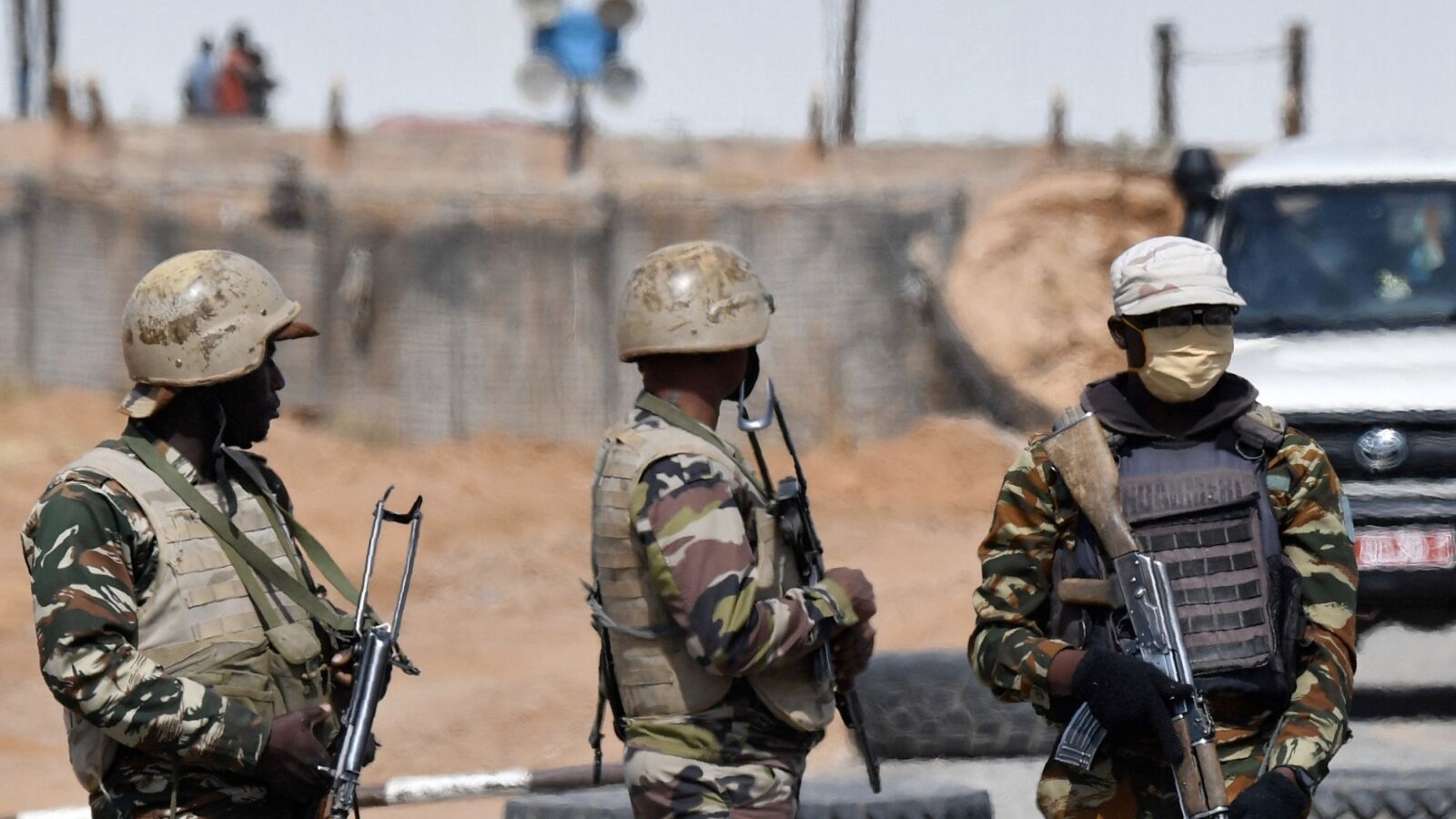Tragedy struck in western Niger when gunmen on motorbikes opened fire on villagers attending a baptism ceremony, leaving at least 22 people dead in one of the deadliest recent attacks in the region. According to local reports, 15 victims were killed at the ceremony itself in Tillabéri, a volatile border region that connects Niger with Mali and Burkina Faso, before the attackers moved to nearby locations and killed seven more people. Civil society activist Maikoul Zodi described the incident as a horrific act of terror, saying the gunmen unleashed “death and fear” on innocent civilians who were gathered to celebrate a child’s baptism.
Local residents told AFP news agency that the assailants appeared suddenly on motorbikes, shooting indiscriminately at men, women, and children. The French press agency and Nigerien outlet Elmaestro TV both confirmed the shocking toll, with Elmaestro describing it as “a gruesome massacre of 22 innocent people, cowardly killed without reason or justification.” The attack comes amid an alarming surge in jihadist violence across the Sahel, carried out by groups affiliated with al-Qaeda and the Islamic State, which continue to exploit porous borders and weak state presence in rural communities.
Niger’s military authorities have acknowledged that there was an attack in Tillabéri but have not released official casualty figures, a common practice in a region where independent verification of deaths is often difficult due to limited access and fears of reprisals among witnesses. Human Rights Watch recently reported that jihadist groups have stepped up their assaults since March, killing at least 127 villagers and Muslim worshippers in Niger alone, in addition to looting homes, burning villages, and displacing thousands of families.
The Tillabéri region in particular has endured relentless bloodshed, with last week’s ambush on Nigerien soldiers underscoring the gravity of the crisis. Fourteen soldiers were killed in that operation, which military officials admitted had been a trap set by armed men under the guise of a cattle theft report. For local communities, the combination of civilian massacres and targeted military ambushes has created an environment of fear and instability, undermining trust in the government’s ability to provide protection.
Niger has been under military rule since 2023, when General Abdourahmane Tchiani seized power by deposing President Mohamed Bazoum. Despite promises to restore stability, the junta has faced mounting criticism for its inability to curb the jihadist insurgency. Activists such as Maikoul Zodi have openly questioned why citizens continue to be exposed to relentless attacks, urging the government to reinforce security presence in vulnerable areas and to demonstrate that “every Nigerien life matters.”
The growing violence mirrors the situation in neighboring Mali and Burkina Faso, which are also under military regimes and plagued by the same jihadist insurgencies. All three countries have expelled French and U.S. forces that were previously central to counter-terrorism operations in the Sahel. In their place, Niger, Mali, and Burkina Faso have deepened security cooperation with Russia and Turkey, forming a regional alliance meant to tackle extremism. However, despite these geopolitical shifts, the violence has persisted, and civilian casualties continue to mount.
The Tillabéri massacre has once again highlighted the dire humanitarian and security crisis engulfing Niger and the wider Sahel. Analysts warn that without stronger governance, local engagement, and international support, rural communities will remain exposed to the cycle of extremist violence. For grieving families in Tillabéri, the baptism ceremony that was meant to mark a joyous occasion has instead become a painful reminder of the fragility of life in a region trapped between militant violence and political uncertainty.














Leave a comment